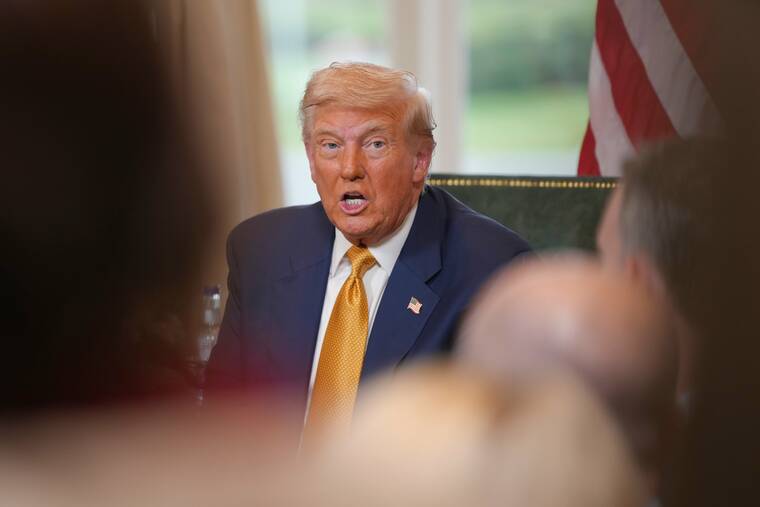The recent political landscape has brought forth a critical examination of economic policies and their societal ramifications. A prevailing sentiment among observers suggests a discernible pattern wherein legislative actions appear to disproportionately benefit certain demographics. This trend raises pertinent questions about equity, distribution of wealth, and the fundamental principles guiding governance.
Central to this discourse is the assertion that recent governmental decisions have systematically redirected resources and opportunities towards the affluent segments of society. This perspective posits that such measures, often justified under the guise of stimulating economic growth, inadvertently exacerbate existing disparities. The economic policy enacted during this period becomes a key focal point for detailed political analysis.
Critics contend that the mechanisms employed, ranging from tax reforms to regulatory adjustments, have created an environment more conducive to wealth accumulation at the top. This approach, they argue, diverges sharply from the needs of the broader populace, particularly those struggling with financial precarity. The social impact of these shifts is a subject of intense debate.
The foundational premise of this critique rests on the observation of income inequality widening under the specified administration. Data points often cited include changes in tax burdens for high-net-worth individuals versus middle and lower-income households, and the allocation of public funds. This analytical lens seeks to uncover the tangible effects of government actions.
Furthermore, the narrative often highlights the perceived neglect of marginalized groups. Advocacy organizations and social commentators frequently point to reductions in social safety nets or diminished support for programs aimed at vulnerable populations. This prioritization, they argue, underscores a deliberate choice to uplift one segment at the cost of another.
The public discourse surrounding these policies is frequently polarized, with proponents arguing that such measures are essential for overall national prosperity through trickle-down effects. However, detractors maintain that empirical evidence often contradicts these claims, showing instead a concentration of benefits rather than widespread uplift.
This ongoing discussion necessitates a deeper understanding of policy design and its intended versus actual outcomes. Examining the long-term social impact and economic policy choices is crucial for evaluating the true trajectory of national development and ensuring a more equitable future.
Ultimately, the question remains whether government actions can truly foster prosperity for all, or if the current framework inherently favors specific, already privileged groups, perpetuating income inequality and sparking further political analysis into the fairness of societal structures.
The critical assessment of these policy orientations underscores a broader debate about the moral obligations of governance and the role of the state in mitigating social impact disparities, driving a crucial public discourse on the nation’s direction.






Leave a Reply